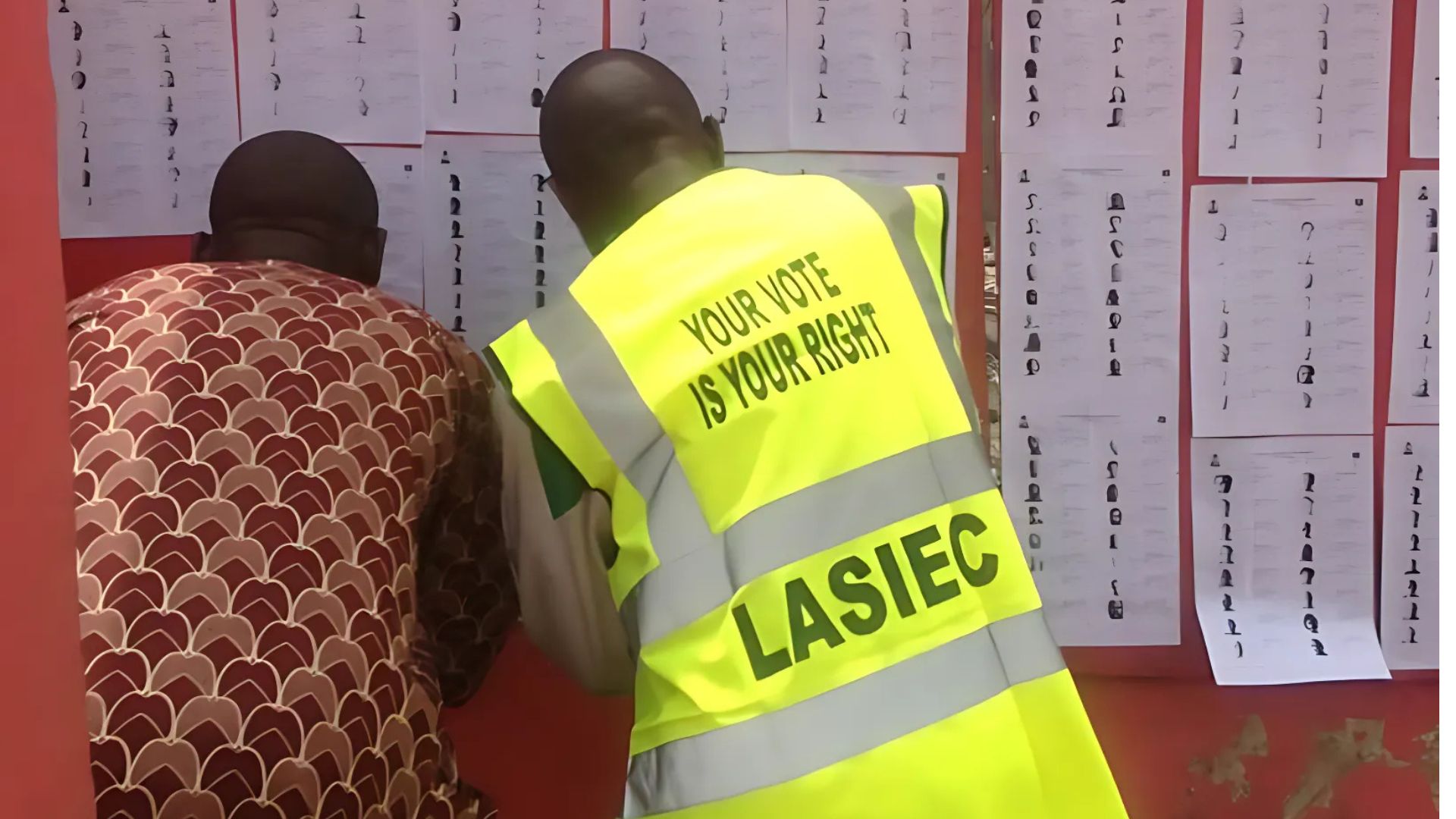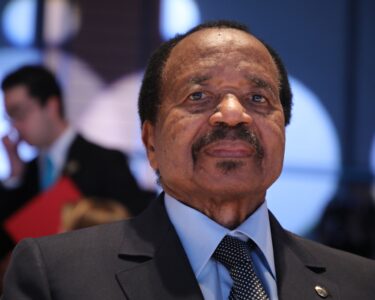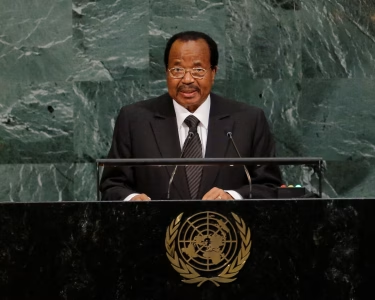Lagos LG Polls
LASIEC holds local government elections amid security clampdown and transparency concerns
Summary
- Over 7 million registered voters to elect LG chairmen and councillors in 13,325 polling units
- Police deploy 30,000 personnel as movement restrictions cause gridlock in parts of Lagos
- Civic groups raise concerns over LASIEC’s legality, transparency, and low voter awareness
Lagos, Nigeria – Residents of Lagos State headed to the polls on Saturday, 12 July 2025, to elect local government (LG) chairmen and councillors in elections covering all 20 Local Government Areas (LGAs) and 37 Local Council Development Areas (LCDAs).
The exercise, overseen by the Lagos State Independent Electoral Commission (LASIEC), began at 8:00 a.m. and is expected to end at 3:00 p.m., with voting allowed for anyone already in the queue at closing time.
The elections involve 57 chairmanship and vice-chairmanship positions and 376 councillorship seats, with voting taking place across 13,325 polling units in 376 wards.
Over 7 million people are registered to vote, although 845,225 Permanent Voter Cards (PVCs) remain uncollected. LASIEC, led by Justice Bola Okikiolu-Ighile, has made provisions for elderly and disabled voters but is not using the Bimodal Voter Accreditation System (BVAS), opting instead for manual or alternative electronic accreditation.
Fifteen of Nigeria’s 19 registered political parties are participating, including the ruling All Progressives Congress (APC), Labour Party (LP), and Peoples Democratic Party (PDP).
The APC, which swept all chairmanship positions and most councillorship seats in the 2021 polls, is facing renewed challenges from opposition parties. LP and PDP have alleged intimidation and disruption in areas like Surulere, Ojo, and Agege, and accused LASIEC of bias, although the commission insists all parties had equal access.
The polls follow a recent Supreme Court ruling affirming the autonomy of local governments, adding significance to the elections as a test of grassroots governance in Nigeria’s commercial capital. Governor Babajide Sanwo-Olu encouraged high voter turnout, urging Lagosians, especially youths, to act as “ambassadors of peace” and help shape local governance.
However, concerns have been raised by civic group Enough is Enough Nigeria (EiE), which questioned the legality of the July 12 election date, citing a violation of the Electoral Act 2022’s timeline. The group also criticised LASIEC’s lack of voter education, inadequate publicity, and the decision to allow voting for LG chairmen in LCDAs, which are not officially recognised by the federal constitution.
Heavy security and movement restrictions
To ensure peaceful conduct, the Lagos State Police Command, under Commissioner Olohundare Jimoh, deployed over 30,000 personnel across polling units and collation centres. A show of force was held ahead of the elections, and movement was restricted from 6:00 a.m. to 3:00 p.m., later adjusted from an initial 3:00 a.m. start to accommodate emergencies and travel plans.
Despite the adjustment, movement restrictions caused major disruption at Berger and other entry points into Lagos. At around 7:30 a.m., a joint police and Federal Road Safety Corps team set up barricades at Berger, leading to long queues and forcing many commuters, including intercity travellers, to walk long distances.
Posts on X reflected public frustration over the lack of prior awareness, with some calling the restrictions excessive for a non-compulsory local election.
Military operatives were also seen patrolling key areas, and the police urged citizens to report suspicious activities via emergency hotlines. Essential workers, accredited election officials, and media personnel were exempted from the restrictions.
Concerns over transparency and voter turnout
The elections continue to face challenges related to transparency and voter participation. EiE warned that LASIEC’s poor communication and deviation from statutory guidelines could depress turnout and further erode public trust in local democracy. Historically, local government elections in Nigeria record low participation compared to federal and state contests.
As of 8:18 a.m., voting had commenced in several areas, including Governor Sanwo-Olu’s polling unit in Ward E3 (PU06 & 07), with LASIEC officials and media outlets on the ground. Accreditation and voting were ongoing, with security officers maintaining order.
Final results will be collated at the ward level for councillorship and the LG level for chairmanship positions. While LASIEC has maintained it is adequately prepared, the combination of legal disputes, operational issues, and political tensions continues to shape the credibility and effectiveness of Lagos’s grassroots elections.







